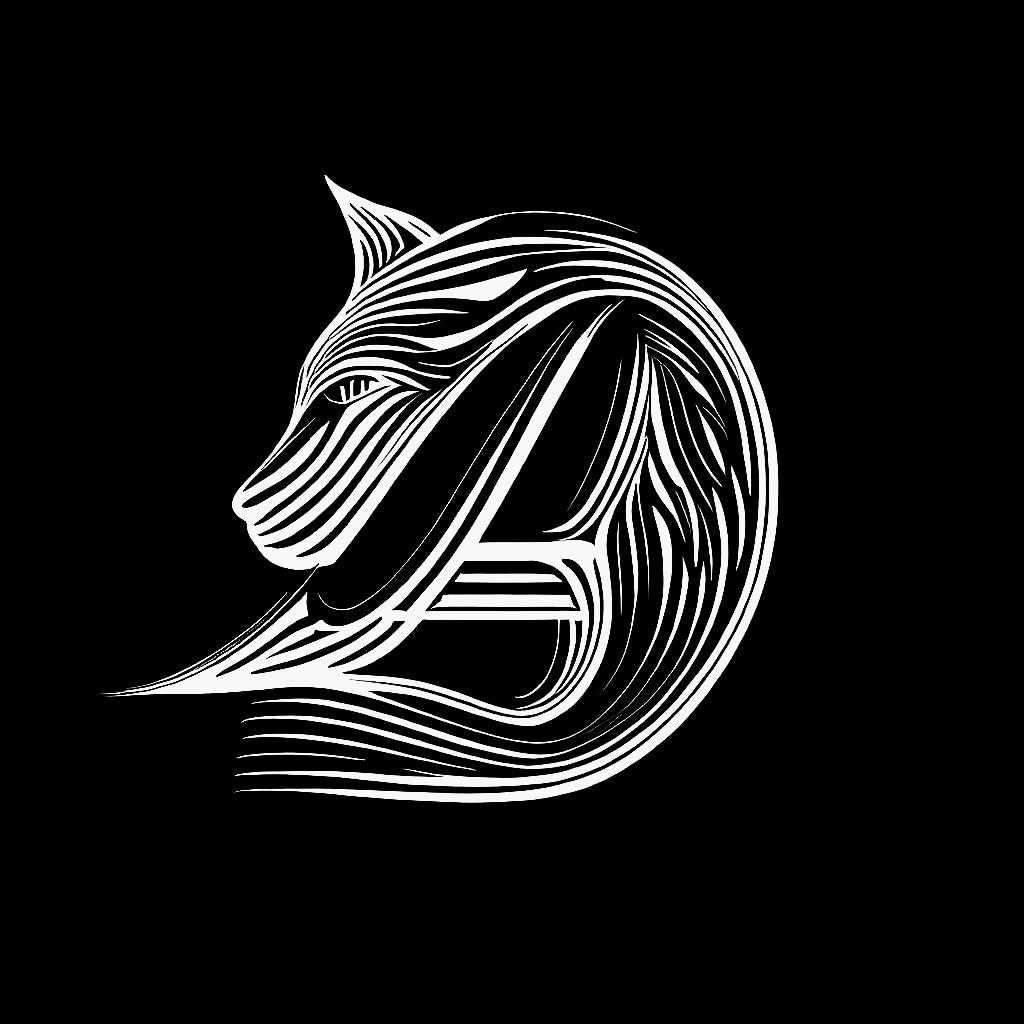Parrots, celebrated for their vibrant plumage and their unparalleled mimicry abilities, are also known for their complex social behaviors. One such behavior is the care and protection of the young, a task that isn’t solely the responsibility of the parents. In many parrot societies, other group members, often referred to as ‘helpers,’ share the responsibility of caring for the young. This blog post will delve into the role of caregivers in parrot societies, their responsibilities, and the significance of this shared responsibility for the survival of the young.
Chapter 2: Feeding the Chicks: The Role of Caregivers in Nurturing Young Parrots
Parrots, renowned for their vibrant colors and uncanny ability to mimic human speech, are also known for their complex social behaviors. One of these behaviors revolves around the care and feeding of their young. In many parrot societies, this duty doesn’t rest solely with the parents. Other group members, often referred to as ‘helpers’ or caregivers, play a crucial role in feeding the chicks. This blog post will delve into the role of caregivers in feeding young parrots, their responsibilities, and the importance of this shared responsibility for the chicks’ growth and development.
The Role of Caregivers in Feeding the Chicks:
In a parrot flock, the birth of chicks brings about a communal sense of responsibility. While the parent birds naturally play a primary role in caring for their offspring, they are not alone in this endeavor. Caregivers step in to assist, particularly in feeding the young.
One of the primary responsibilities of these caregivers is gathering food for the chicks. Depending on the species of parrot and their natural diet, this food can range from fruits and seeds to insects and nectar. The caregivers venture out to locate and gather these food sources, bringing them back to the nest to feed the chicks.
Beyond gathering food, caregivers also play a direct role in feeding the chicks. They help the parent birds in delivering the food to the chicks, ensuring that each chick gets its share of nutrition.
The Importance of Feeding for Chick Development:
The feeding process is vital for the chicks’ growth and development. The nutrition they receive during this early stage sets the foundation for their health and well-being as they grow. Adequate nutrition supports the development of their feathers, strengthens their immune system, and fuels their growth.
The shared responsibility of feeding ensures that the chicks receive ample nutrition. It also allows the parent birds to have some respite, ensuring they don’t become overly exhausted and can take care of their own nutritional and rest needs.
__
The role of caregivers in feeding young parrots underscores the cooperative nature and intricate social dynamics of these vibrant birds. By sharing the responsibility of feeding the young, parrot societies ensure the healthy growth and development of their next generation. As we continue to study and understand these behaviors, we gain a deeper appreciation for these fascinating creatures. This understanding can guide conservation efforts and inform how we care for parrots in captivity, emphasizing the need to respect their natural behaviors and social structures. The world of parrots is rich with cooperation and shared responsibilities, offering insights that continue to captivate and educate us.








